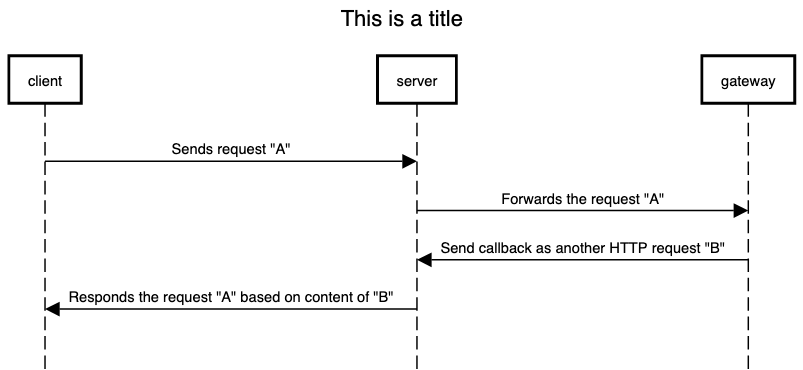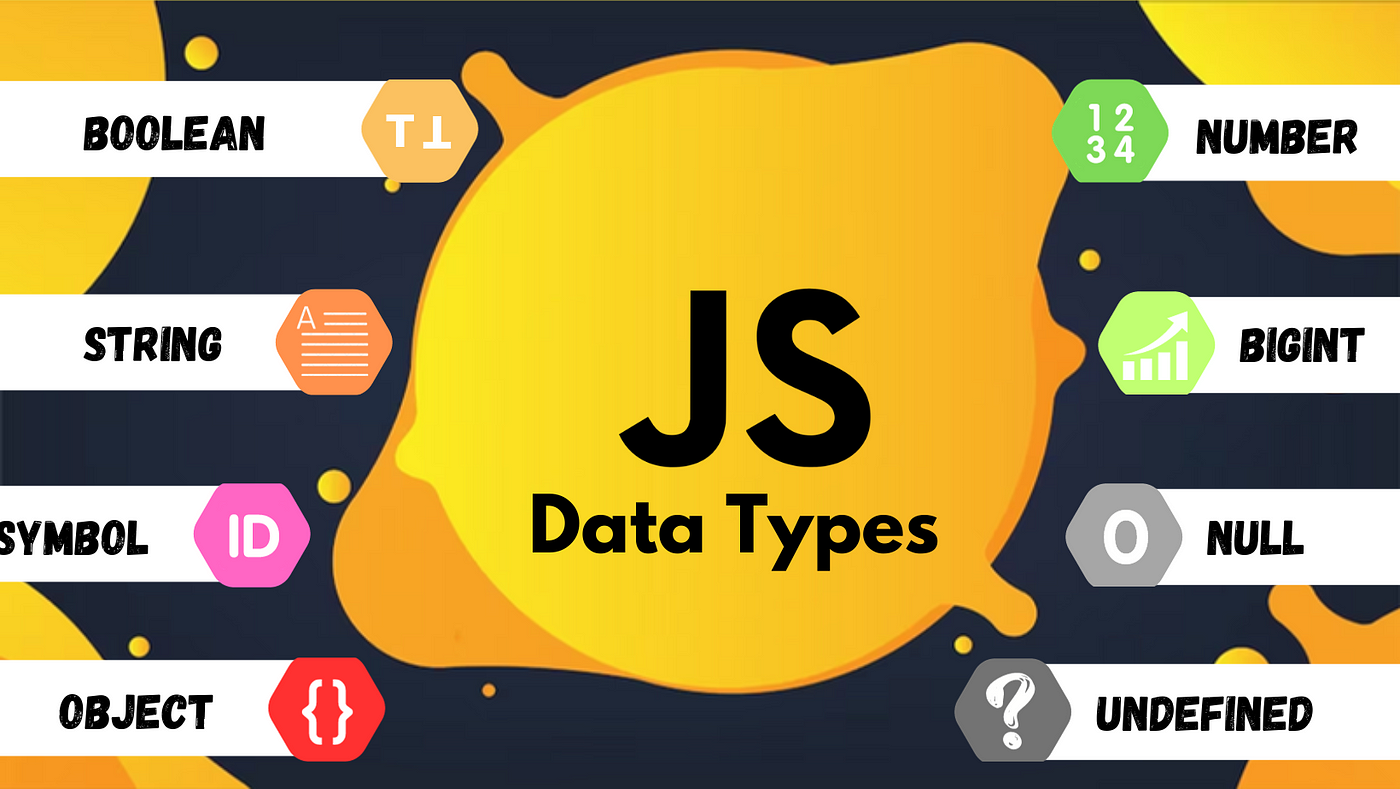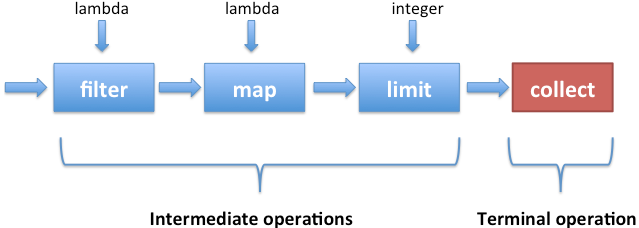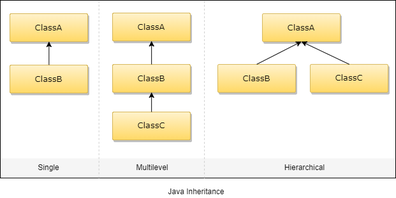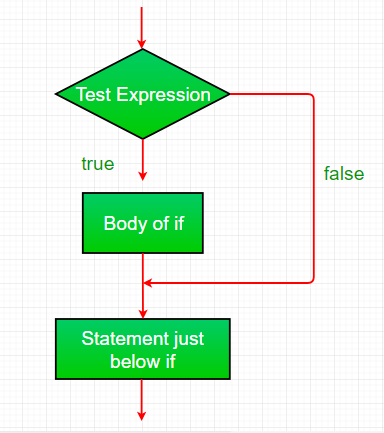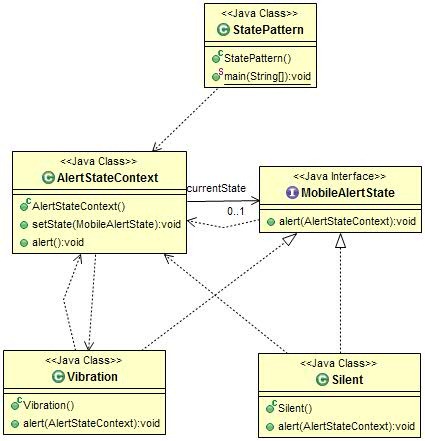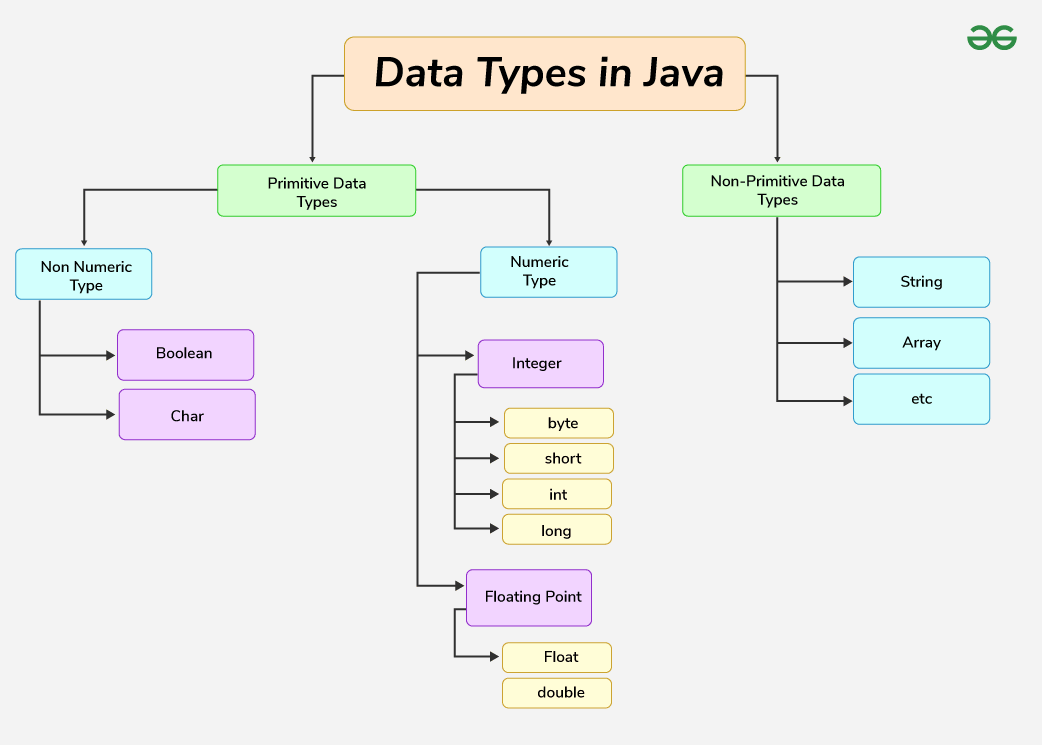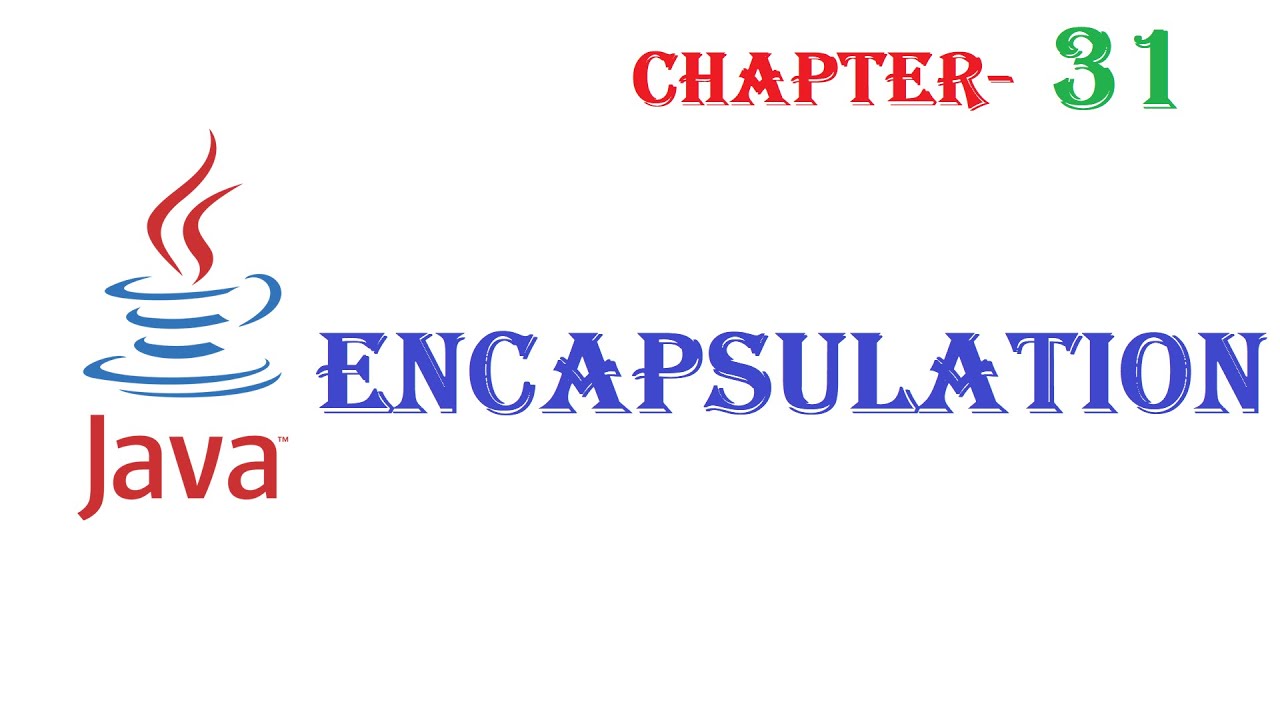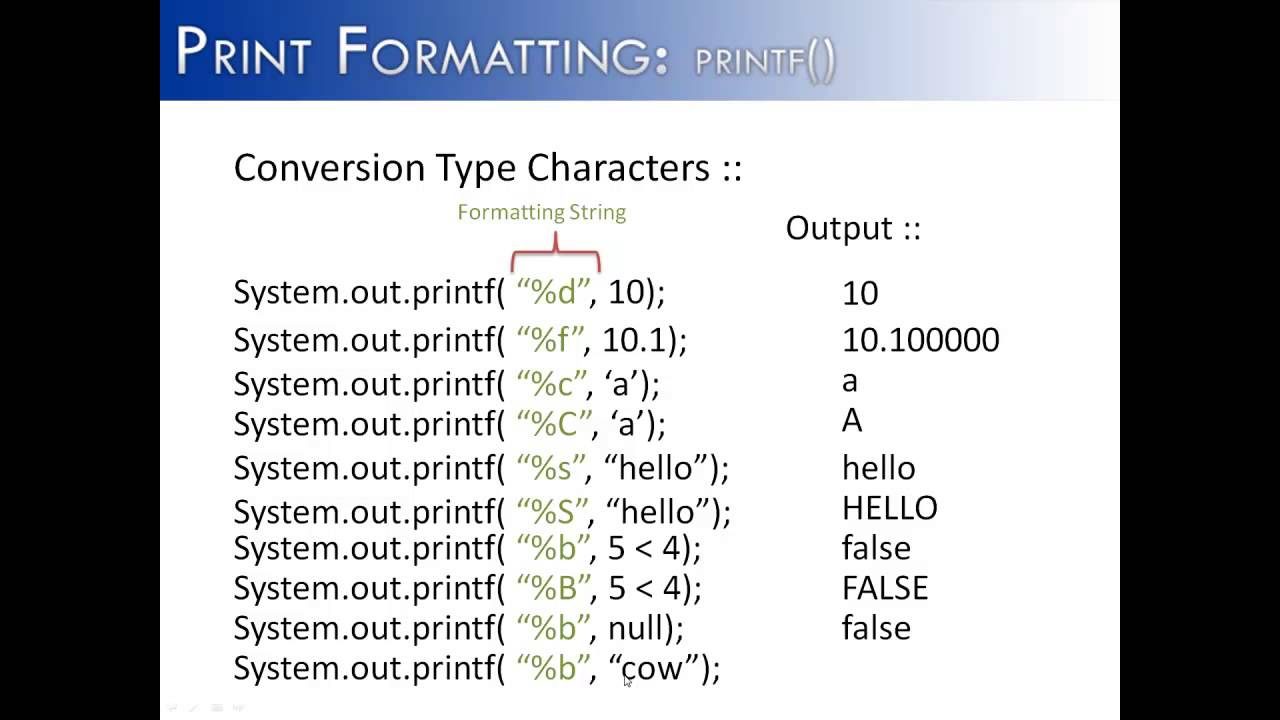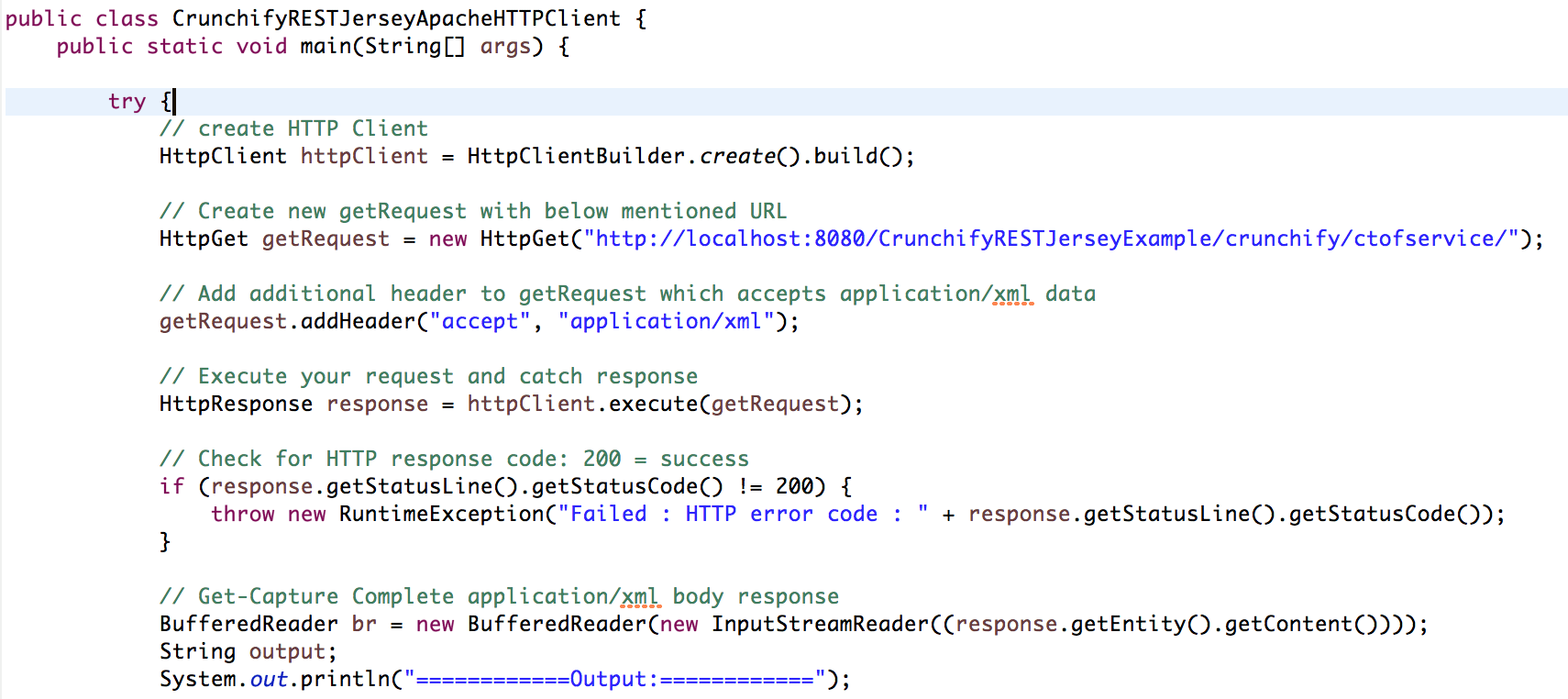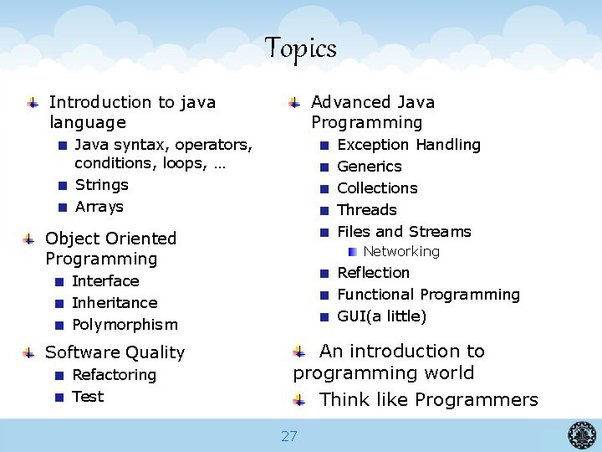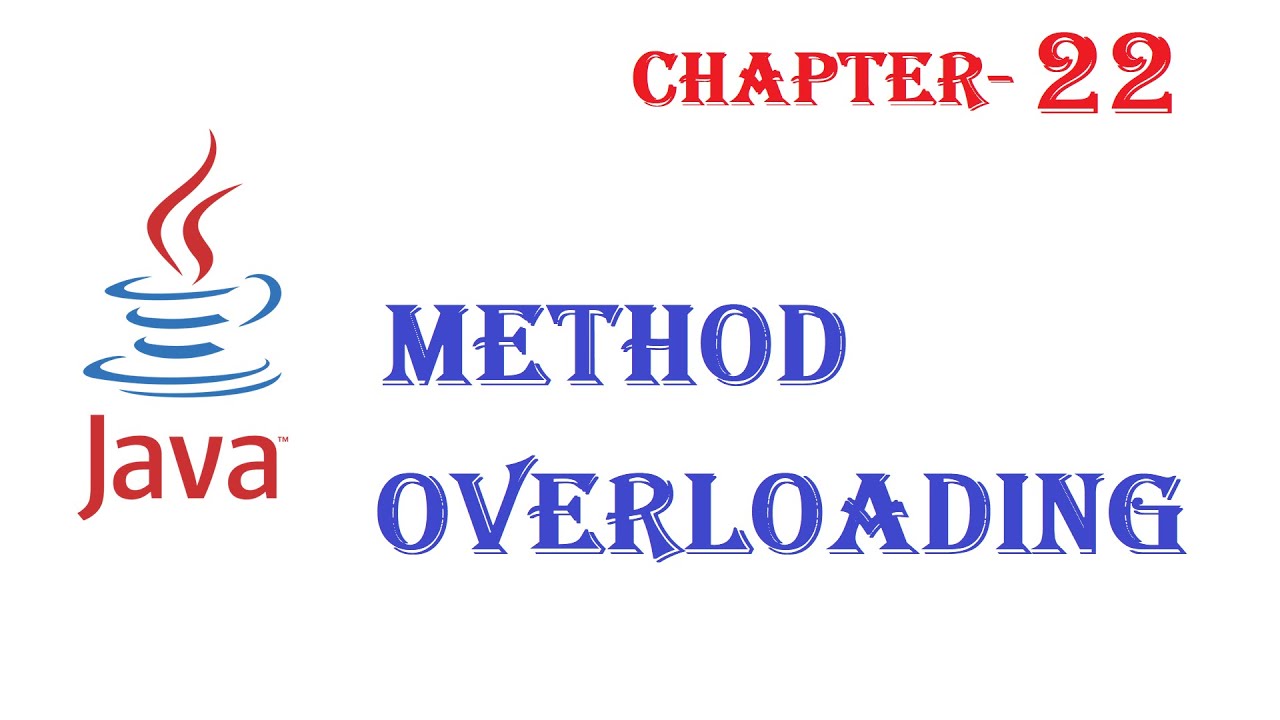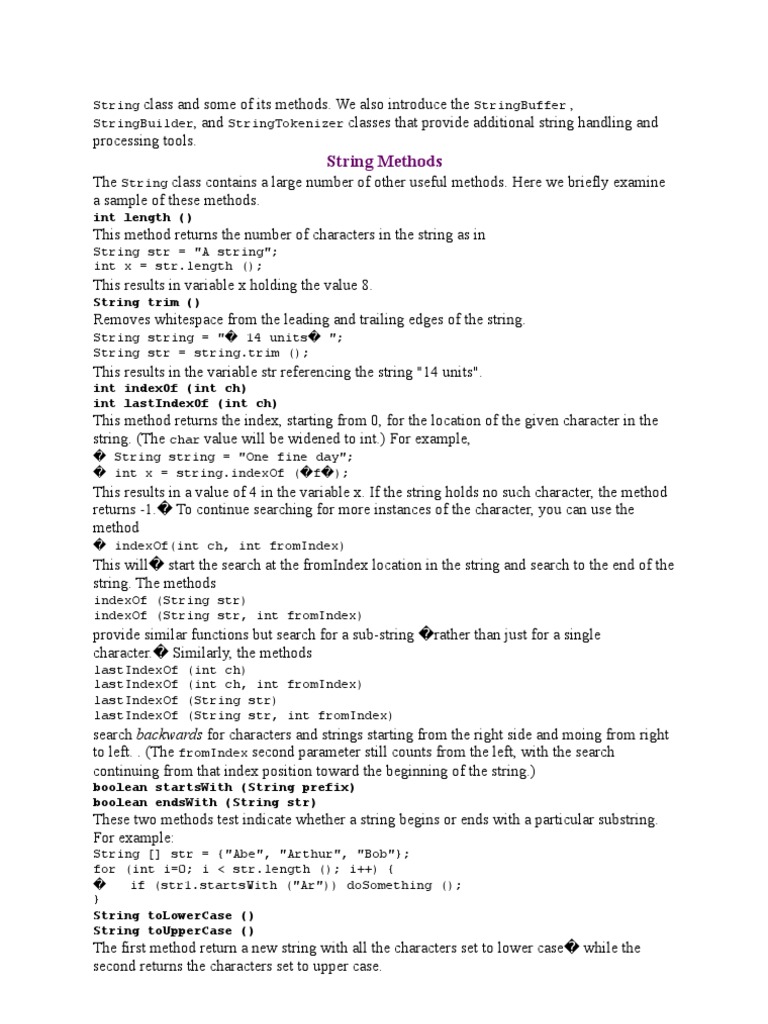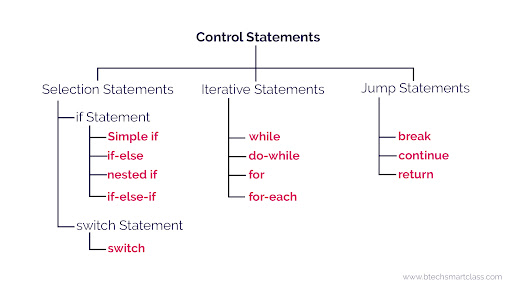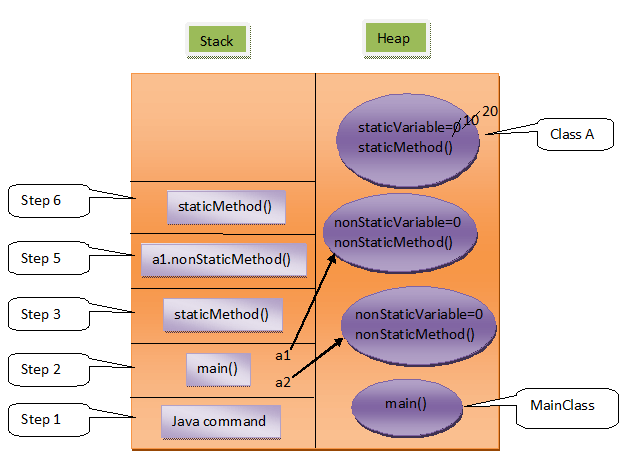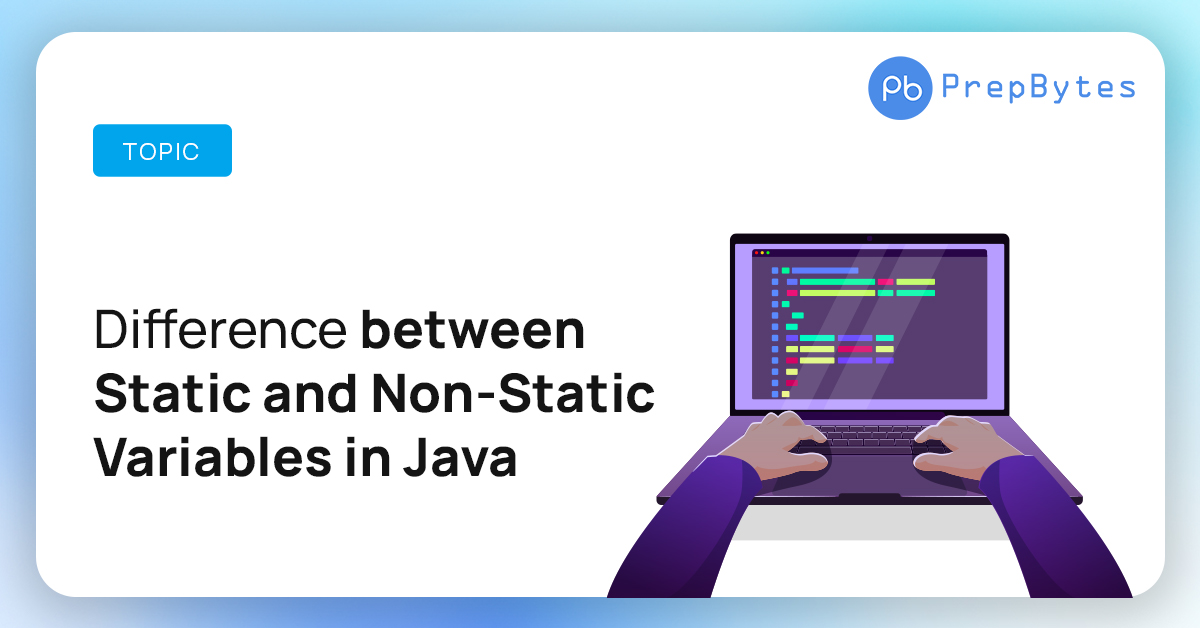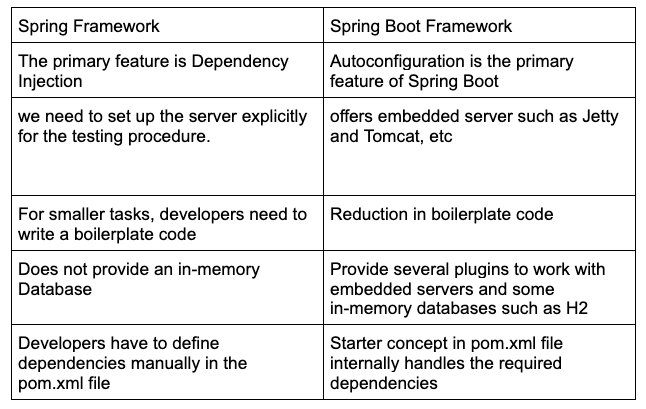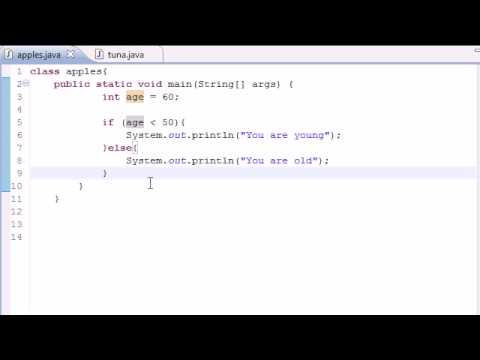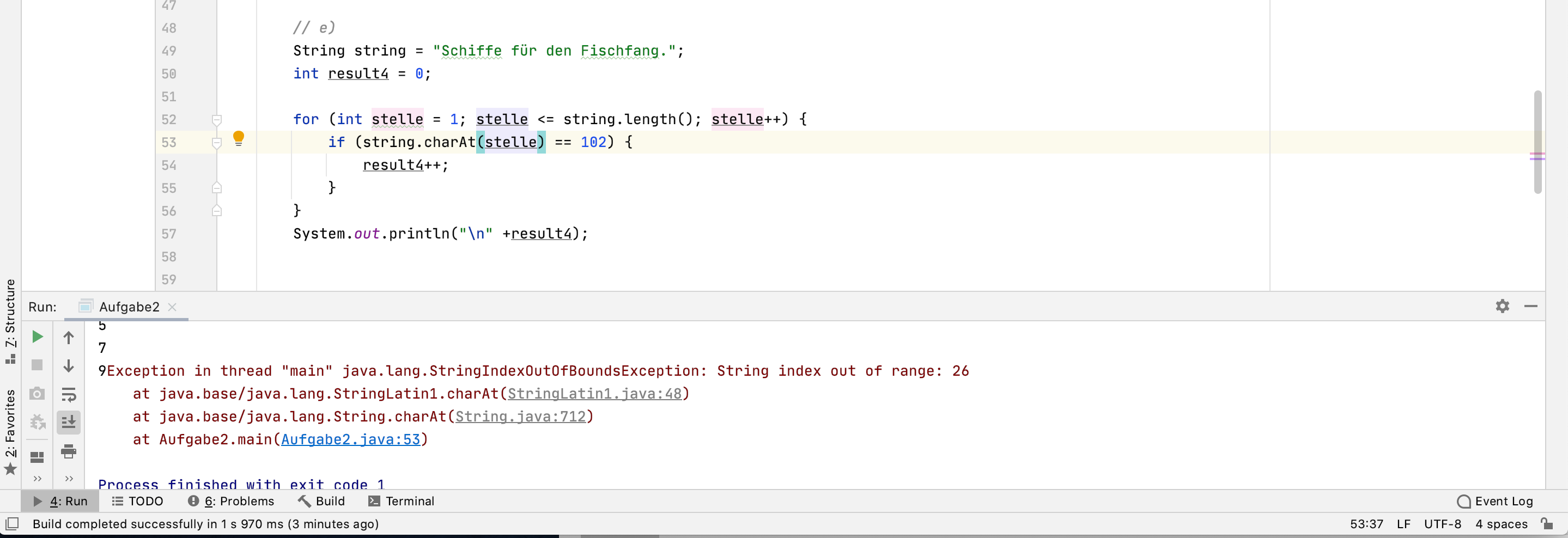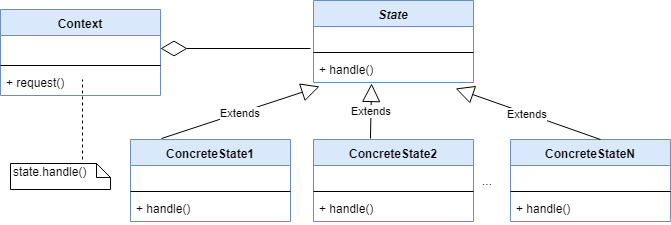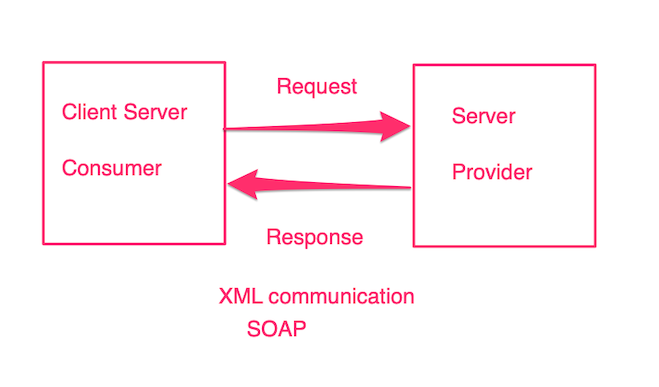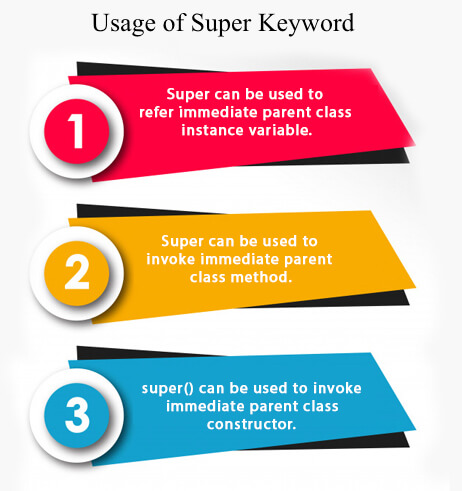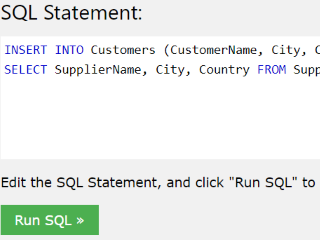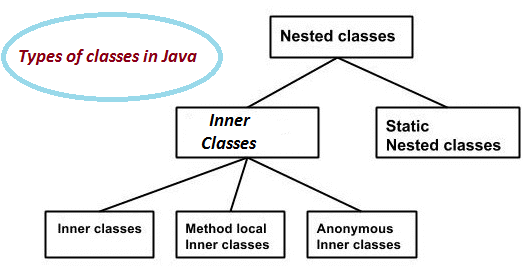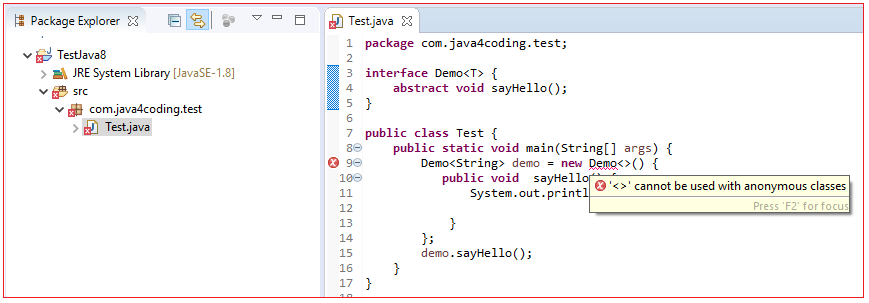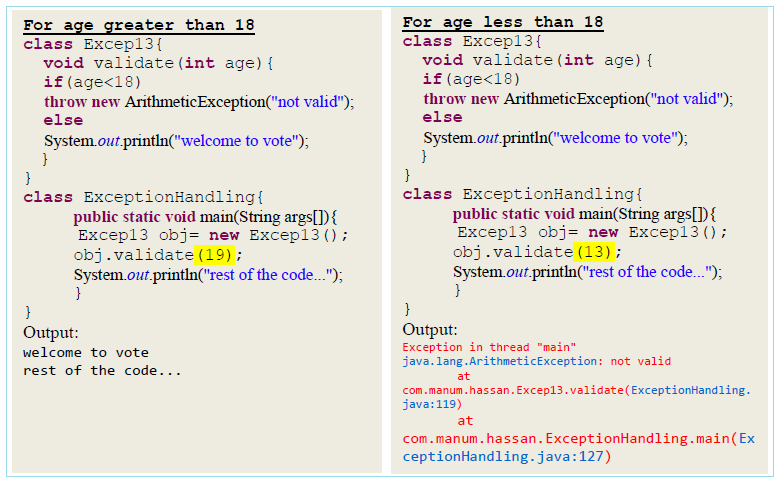What is the main method in Java?
What is the main method in Java?
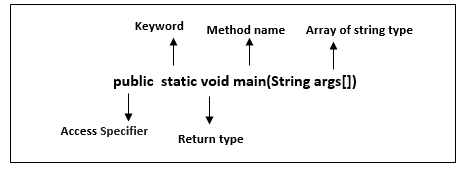
I'd be happy to help!
The main method in Java is a special method that serves as the entry point for your program when it's executed. It's where execution starts, and it's responsible for initializing and running the rest of your code.
In order to create a Java application or program, you need to write a class that contains this main method. The main method has three important characteristics:
Return Type: The main method must have a return type ofvoid, meaning it doesn't return any value. Name: The name of the main method must be exactly "main". Parameter List: The main method takes an array of strings as its only parameter. This is typically represented as String[] args.
Here's what a basic Java main method looks like:
public class MainClass {
public static void main(String[] args) {
// Code goes here
}
}
When you run your Java program, the JVM (Java Virtual Machine) starts by searching for a class with a main method. If it finds one, it calls that main method, passing in an array of command-line arguments. This is where you can write code to initialize variables, set up data structures, or perform any other necessary setup tasks before your program does its thing.
In Java, the main method serves as a kind of "bootstrapper" for your application. It's where execution begins, and from there, you can call other methods, create objects, and access shared resources. This is why it's so important to get the main method right: if there are any errors or issues in this method, they'll be propagated throughout your entire program.
In summary, the main method in Java is a crucial part of creating an executable Java program. It serves as the entry point for execution, provides access to command-line arguments, and sets the stage for the rest of your code to run. By understanding how to write a proper main method, you can create robust, reliable, and effective Java applications that do exactly what they're supposed to do!
What is a method vs function in Java?
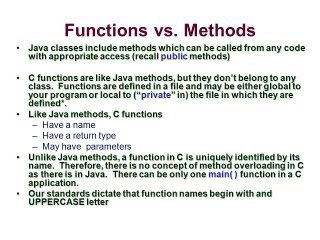
I'd be happy to explain the difference between methods and functions in Java.
In programming, both methods and functions are blocks of code that perform specific tasks. However, there are some key differences between the two terms in the context of Java programming.
Method:
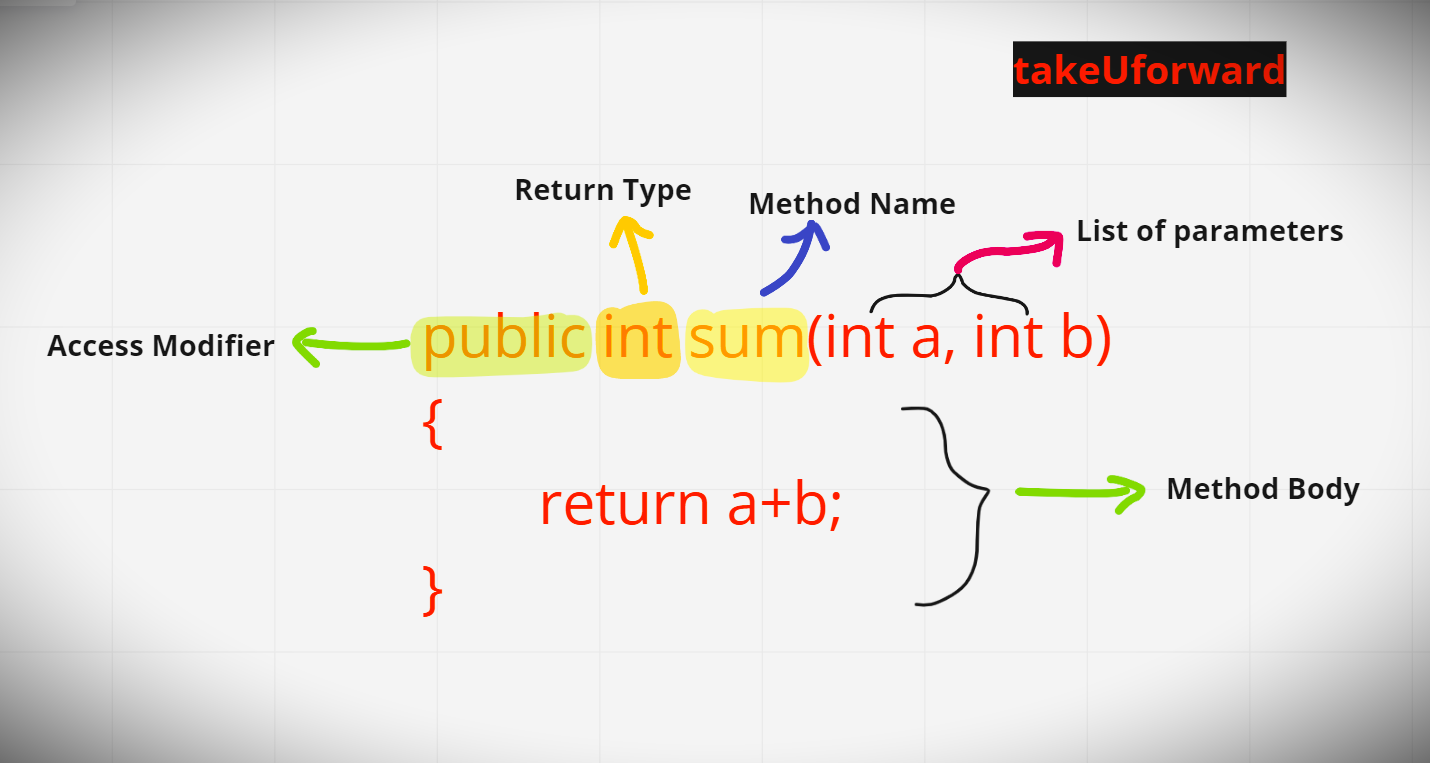
A method is a block of code that belongs to a class in Java. It is used to encapsulate behavior or functionality within an object-oriented programming (OOP) framework. Methods can be invoked on objects of the class, and they have access to the class's variables and other methods. In other words, a method is a way for a class to provide a specific piece of functionality that can be called by external code.
Here are some key characteristics of methods in Java:
Methods belong to a specific class. Methods can be invoked on objects of the class. Methods have access to the class's variables and other methods. Methods can return values or modify external state.For example, consider a Car class with a drive() method:
public class Car {
public void drive() {
// code for driving the car
}
}
You can create an instance of the Car class and call the drive() method on it:
Car myCar = new Car();
myCar.drive(); // calls the drive() method
Function:
In Java, a function is not a built-in concept like in other programming languages (e.g., C, Python). Instead, Java provides an alternative way to achieve similar functionality through its use of methods. Specifically, Java allows you to define static methods within a class that can be used as functions.
A function, in this context, is essentially a method that belongs to the class itself rather than an instance of the class. Functions are typically used when you want to perform some computation or operation without modifying any external state.
Here are some key characteristics of functions in Java:
Functions belong to the class itself (i.e., they are static). Functions do not require an object to be invoked. Functions have access only to their own variables and other static methods. Functions typically return values but do not modify external state.For example, consider a MathUtils class with a sqrt() function:
public class MathUtils {
public static double sqrt(double x) {
// code for calculating the square root
}
}
You can call the sqrt() function without creating an instance of the MathUtils class:
double result = MathUtils.sqrt(16); // calls the sqrt() function
Conclusion:
In summary, Java does not have a concept of functions like some other programming languages. Instead, it provides methods that can be used as functions by using static methods and ensuring they do not modify external state. While there is no fundamental difference between methods and functions in Java, the distinction lies in their scope (instance vs. class) and how they are invoked.
In Java programming, you will typically use methods to encapsulate behavior within classes and objects, while using static methods as a way to provide utility or functionality that can be used without creating an instance of a class.
